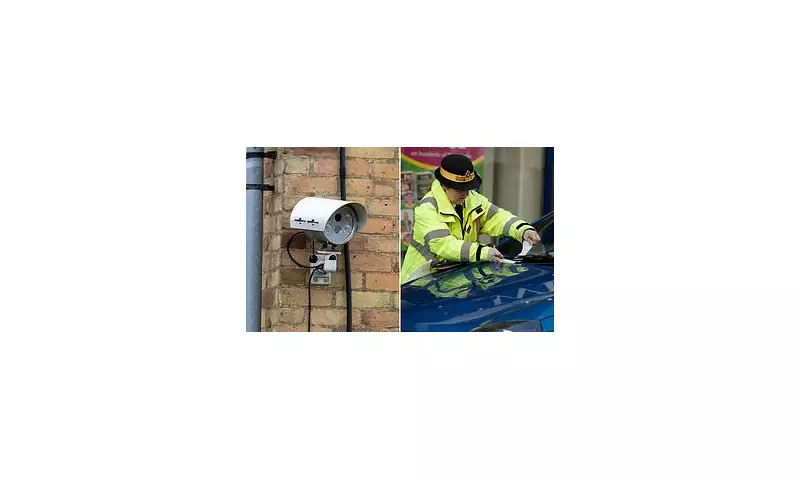
In a move that has sparked immediate privacy concerns, Labour is pushing forward with controversial plans that would empower local authorities to deploy surveillance cameras across public car parks to monitor vehicle movements.
The proposed legislation, uncovered by the Daily Mail, would grant councils unprecedented access to install automatic number plate recognition (ANPR) technology without requiring individual planning permission for each camera location.
Mass Surveillance Operation
Under the scheme, town halls could blanket car parks with monitoring devices capable of tracking millions of motorists' movements. The data collected would include timestamps of arrivals and departures, creating detailed patterns of individuals' activities and shopping habits.
Privacy campaigners have condemned the proposals as a "snooper's charter" that would effectively create a mass surveillance network across Britain's retail and leisure destinations.
Planning Permission Bypass
The most controversial aspect involves circumventing normal planning procedures. Currently, councils must seek permission for new CCTV installations, but Labour's plan would create blanket permission for ANPR cameras specifically in parking facilities.
Critics argue this removes vital democratic oversight and public consultation from the process, allowing surveillance infrastructure to be deployed without local scrutiny.
Privacy Backlash
Civil liberties groups have expressed alarm at the proposals, warning they represent a significant erosion of privacy rights. "This isn't about parking management; it's about creating a comprehensive tracking system of people's movements without their consent," stated one privacy advocate.
The plans have drawn comparisons to London's Ultra Low Emission Zone (ULEZ) surveillance network, which has faced ongoing criticism for its extensive monitoring capabilities.
Council Revenue Generation
While supporters claim the technology will help manage parking availability and improve traffic flow, documents suggest additional motives. The surveillance infrastructure could significantly boost council revenues through enhanced parking enforcement capabilities.
Local authorities would gain the ability to precisely track vehicle durations and automatically issue penalties for overstaying in time-limited parking spaces.
National Rollout Concerns
The proposals indicate this would not be limited to major cities but could affect market towns and rural areas across England and Wales. Smaller councils with limited resources might be particularly tempted by the revenue-generating potential of automated enforcement.
As the plans develop, they are likely to face significant opposition from privacy campaigners, motoring organizations, and Conservative MPs who have already branded them "an assault on motorists' freedoms."





